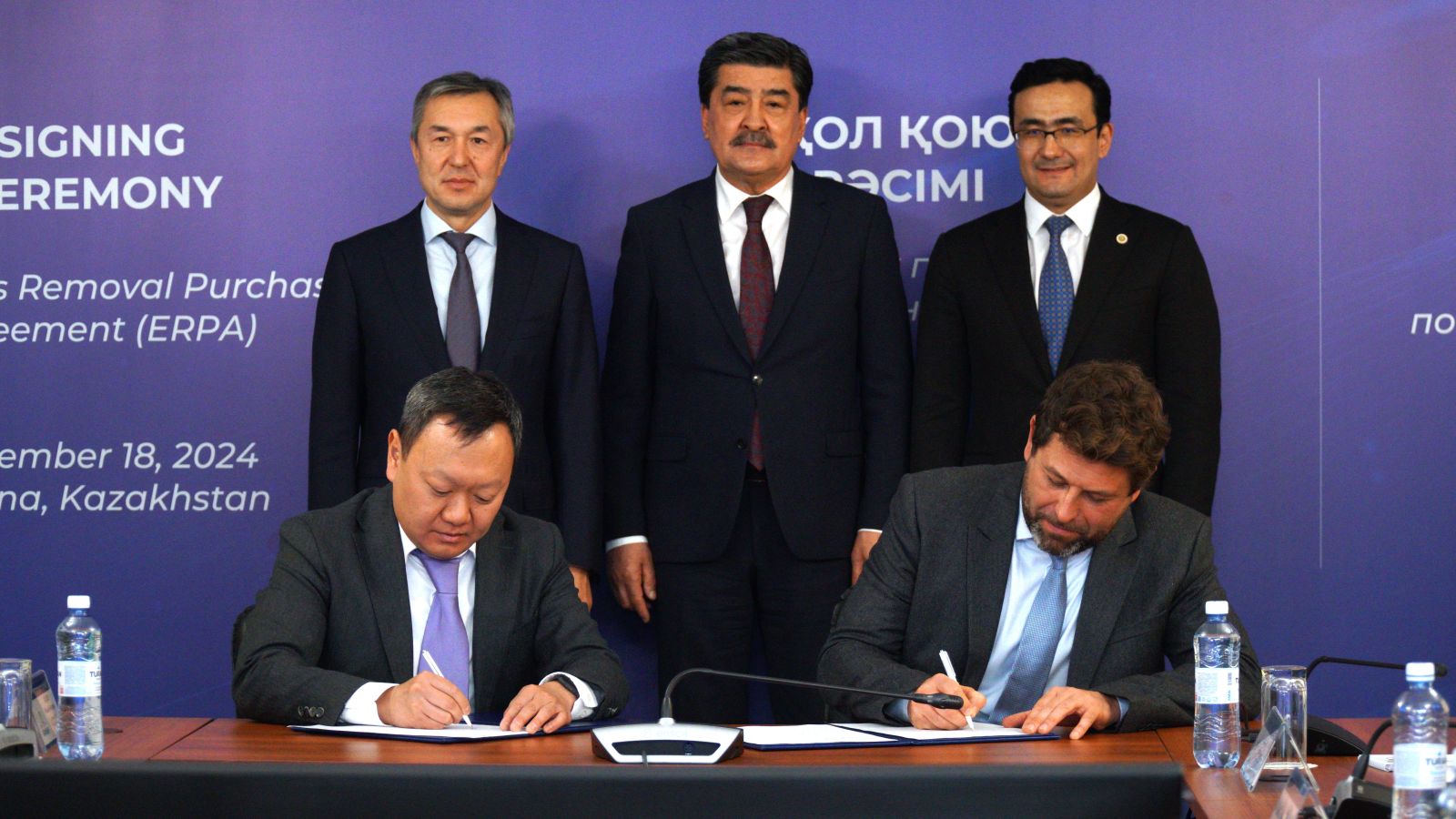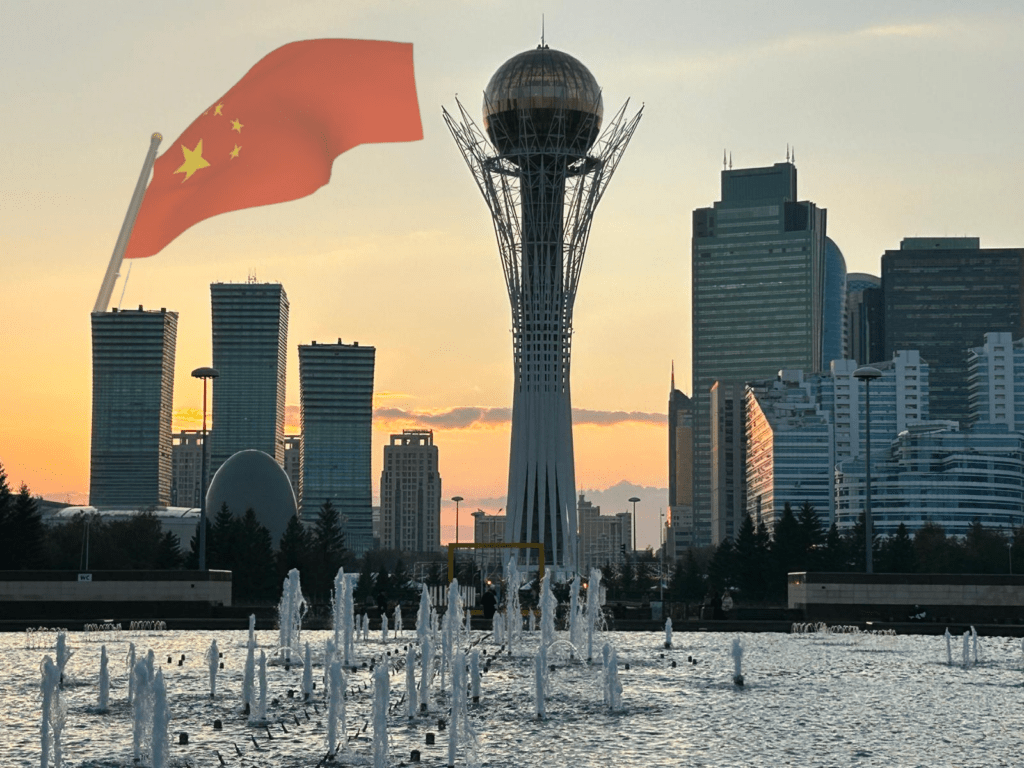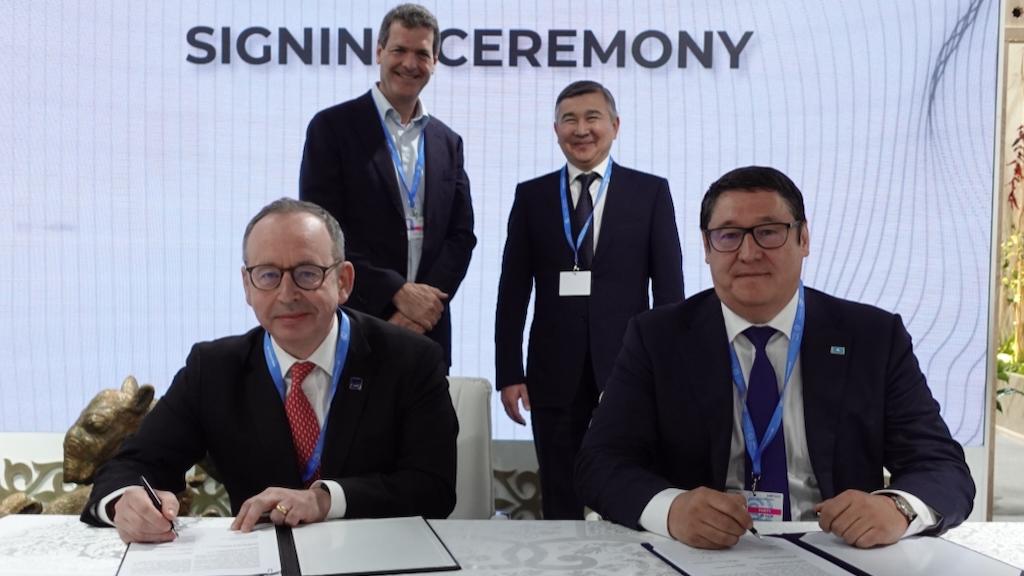On November 18, the British company SEFE Marketing & Trading Ltd. and Kazakhstan’s SAFC LLP signed an emission removal purchase agreement, marking the launch of the country’s first forest climate project.
The project aims to plant 3.3 million trees across 1,500 hectares in the Almaty region. According to forecasts, the initiative will achieve an average annual reduction of 26 tons of CO₂ per hectare. Over the 30-year project period, this is expected to remove 1.2 million tons of carbon dioxide from the atmosphere. Additionally, the project is designed to promote agroforestry, ecotourism, and job creation in the region.
During a meeting with one of SEFE’s Vice-Presidents, Alexander Demidov, and SAFC’s CEO Yuri Kim, Kazakhstan’s Prime Minister Olzhas Bektenov emphasized the government’s commitment to supporting environmental initiatives. “We strive to create favorable conditions for attracting foreign investment in environmental projects. The government supports projects aimed at restoring ecosystems, reducing carbon footprint, and developing a green economy,” he stated.
Kim added: “This project was supported by the President of Kazakhstan and the Atameken National Chamber of Entrepreneurs, and now we are starting its practical implementation. By combining the competencies of SEFE and SAFC, we will demonstrate Kazakhstan’s broad capabilities for attracting foreign investment.”
According to Atameken, the project not only lays the groundwork for others to follow suit but also leads the way for new investment opportunities in carbon farming. This approach marks a new stage in diversifying Kazakhstan’s economy, creating potential revenue streams from agricultural production and greenhouse gas emission trading.
Kazakhstan’s forest climate initiative demonstrates the country’s commitment to sustainability while attracting foreign investment to bolster its green economy.








